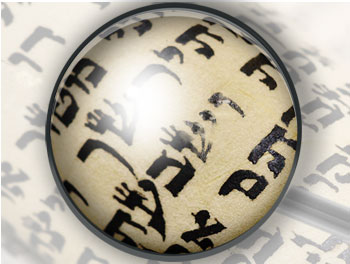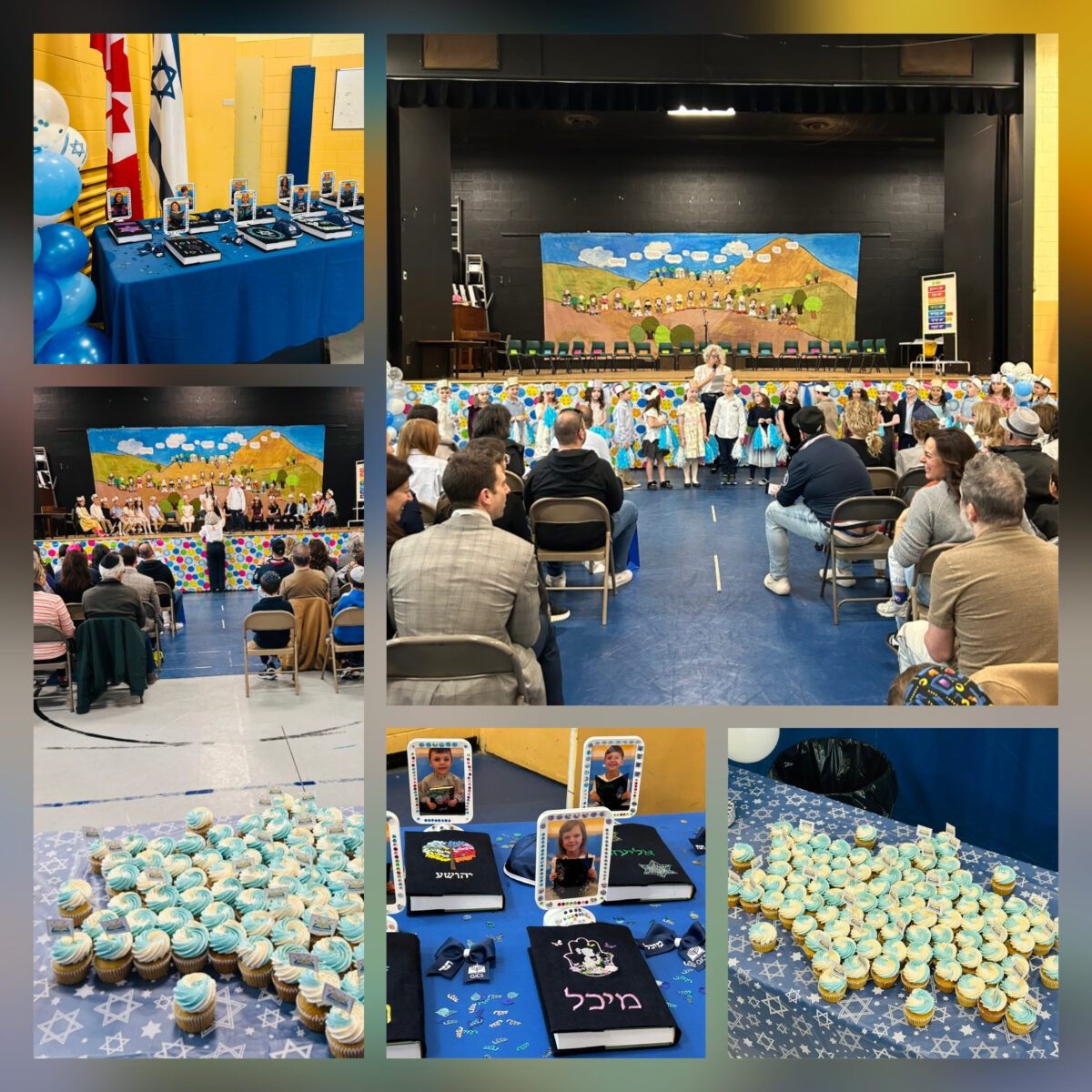Here are the words I shared with Kitah Bet this morning in celebration of their Chaggigat Ha’Torah:
There is a time to count, like one does when counting one’s blessings, and there is a time to be counted, like one does when showing up for oneself, one’s family, and one’s community. Today is a rare opportunity to do both.
Today we celebrate the gift of Torah, and in this week’s reading of it—Parashat Bamidbar—we encounter the census of the Israelites in the wilderness. This detailed counting of each tribe and individual highlights the significance of every member within the community. Each person’s unique role and contribution are recognized and valued. This notion resonates deeply with us today, as we mark a moment in which our children, our families, and our school joyfully write our stories into the Jewish narrative.
Bamidbar not only reminds us that each person matters—it reminds us how we matter. In the wilderness, the Mishkan and the Ark of the Covenant were placed at the very center of the camp. Every tribe encamped around Torah. Every journey began with Torah. Torah was the heart of the community. So too here at OJCS. In our classrooms, hallways, assemblies, and celebrations—Torah is our anchor and our compass. (Dare I say…a North Star?) And for our students in Kitah Bet, who today receive their own Torah, it becomes something more personal: a source of joy, a sense of pride, and a connection to a much larger whole.
As it says in Pirkei Avot: “תַלְמוּד תּוֹרָה כְּנֶגֶד כֻּלָּם – the study of Torah is equal to them all.” Why? Because Talmud Torah is not only about learning what Judaism says; it is about discovering who we are, and what it means to live a Jewish life of meaning and purpose. And at OJCS, that learning is joyful. It’s a Torah learned through song and story, drama and dance, chagigot and blogfolios. It’s a Torah that children can taste and touch and carry.
In the shadow of current events, when public expressions of Judaism sometimes feel vulnerable, this school remains a sacred space of safety, of pride, and of unfiltered Jewish joy. Here, our children get to experience what it means to be publicly and unapologetically Jewish—through love, not fear; through celebration, not silence. This is where Judaism is lived out loud, in bright vibrant colours, and with hearts wide open.
That is why, as was true with the siddur they received at the end of Kitah Alef, the Torah they receive at the end of Kitah Bet is not intended to be a trophy to sit upon a shelf, but an inspiration to continue the Jewish journey they are just beginning. It is our hope and our prayer that the work we have begun together as partners—parents and teachers; home and school—continues in the years ahead to provide our children with Jewish moments of meaning and Jewish experiences of consequence so that they can continue to receive and accept Torah in their own unique way, infused by a love of Judaism, informed by Jewish wisdom and aligned with Jewish values.
Ken y’hi ratzon.


